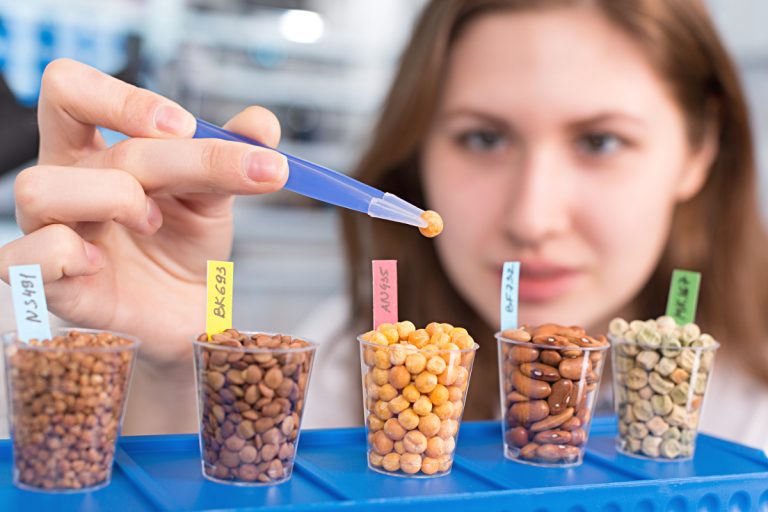
You’re interested in studying either Dietetics or Nutrition, but you’re not sure which one. You’re not too worried though – you’ll just apply for either because they’re quite similar and you’re sure the roles will probably be interchangeable; it will be possible to study Dietetics and become a Nutritionist or vice versa.
But this is not true. Although they share some similarities, as both deal with diet, food, and nutrition, the role of a Dietician and Nutritionist are actually very different, which means that the degree courses are also very diverse. Therefore, a lot of research is required before you decide which course you want to embark on, as it is not always possible to change your mind once you have embarked on a programme.
Dietetics

Dietetics is focused on the science of nutrition in order to work out ways in which health conditions such as diabetes and cancers can be prevented.
In the first year of a Dietetics degree, students will take a number of science-based modules, such as Food Science, Human Physiology, and Nutritional Biochemistry. Additionally, students will be given an overview of the relationship that society has with food to find out how these health-related conditions are developed. Modules in social sciences will continue throughout the remaining years, but there will be more of a focus towards the hard sciences, such as Genetics, Clinical Dietetics, and Clinical Effectiveness. Students will also take modules related to strategy to define how health prevention tactics could be implemented within society.
A typical degree course in Dietetics will consist of practical laboratory workshops, small group workshops, tutorials, and seminars. Additionally, students will also be required to undertake a work placement which will provide them with the opportunity to develop knowledge and skills in preparation for a qualification as a registered dietitian. Students will be required to complete a research project in their final year, usually specialising in a specific area of Dietetics.
Although varied from the role of a Nutritionist, Dietetics may find that they work in similar settings, including public health, community nutrition, research, and teaching. However, in addition to these, they are also qualified to work in private clinical practice, hospitals, and the medical nutrition industry.
Nutrition

“The process of providing or obtaining the food necessary for health and growth.”
Where dietetics is concerned with the prevention of disease, nutrition is focused on working with people who already have existing health conditions to encourage them to lead a healthy lifestyle by making the right choices.
Some of the modules in a Nutrition degree may overlap with those on Dietetics, particularly in the first year, such as Human Biochemistry and Food Science. However, there will then be a shift in focus towards Public Health and learning about the issues in relation to this. Students will attend lectures to learn about the individual modules and then, depending on the subject, will follow up with further study, either in a seminar for the societal modules, or in the laboratory for the science-based work. Work experience will also be a crucial element of this degree.
Upon completion of a degree in Nutrition, students can work in a number of different roles, including research, nutrition consultants and advisors, public health and health promotion officers, food technologists, and media spokespeople.
Selecting the right course is essential for students to ensure that they can work in their preferred role after they graduate. Work experience, or work shadowing, prior to undertaking the degree is a way in which students can ensure that they are making the right choice. Students should also read up on the different professions so they fully understand what would be expected of them in their chosen role.
Images via Shutterstock
Liked this? Then you’ll love these…
6 UK Life Science schools at the forefront of today’s most pressing health issues
The future of health sciences: 4 innovative health science faculties







